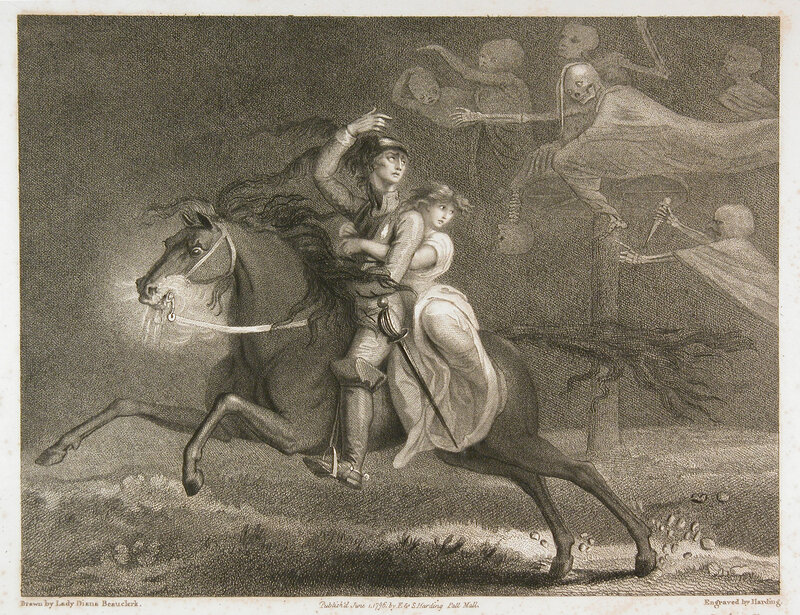Annette Richards, Professor of Music and University Organist at Cornell University, Ithaca, New York, and Executive Director of Cornell’s Westfield Center for Historical Keyboard Studies, discusses the young Viennese virtuosa Maria Theresia von Paradis, who during the 1780s made blindness visible, even audible, in concerts across Europe. Her performances invited listeners and viewers—primed by horror ballads and literary romance—to experience her story of trauma and misfortune within the framework of fictional narratives of doomed innocence and victimized Gothic heroines. Even as she sold pity for profit, her outspoken views on blindness, informed by her own experience as well as by the contemporary philosophical discourse of Diderot, Condillac, Herder, and many others, explicitly resisted the language of victimization. This lecture brings to sounding life the Paridisian contradiction between performing disability for money and resisting pity, exploring how the public performances of the young virtuosa simultaneously embraced and critiqued a culture of gawking spectatorship, freak-show aesthetics, and the ethics and economics of pity.
The Lewis Walpole Library Lecture is organized and sponsored by the Lewis Walpole Library, Yale University.
This program takes place at the Yale University Art Gallery.
